On August 24, upon the initial release of the ALPS-treated water, the Tokyo Electric Power Co. (TEPCO) released its plan for compensating domestic businesses for damages from import embargoes by other countries. As previously mentioned, the Japanese government had already made JPY80 billion available through its two funds, seeking to make every effort possible to support the national fisheries industry.
In addition, on August 31, Prime Minister KISHIDA Fumio, toward preserving livelihoods and businesses, directed relevant ministers to formulate a policy package to support diversifying export markets, which are currently concentrated in a few countries, as well as to take advantage of the worldwide boom in Japanese cuisine.
On September 4, in response, the Ministry of Agriculture, Forestry and Fisheries, the Ministry of Economy, Trade and Industry (METI), the Reconstruction Agency, and the Ministry of Foreign Affairs (MOFA) released a five-pillar policy package consisting of the following:
- Measures to expand domestic consumption and sustain production
- Responses domestically and internationally to prevent reputational damage
- Measures to change export destinations
- Measures to strengthen domestic processing systems
- Prompt, well-considered compensation.
The JPY20.7 billion budgetary measure—referred to in the first paragraph—is part of the policy package, and will go toward either the temporary purchase or storage of items whose have decreased conspicuously, as well as for cultivating new sales routes, introducing equipment and facilities for processors and distributors, and optimizing available human resources.
Japan’s total fisheries exports in 2022 came to JPY387.3 billion, with China (JPY83.6 billion of food) and Hong Kong (JPY49.8 billion of food) together accounting for 30 percent of the total. Most of the exports to China were scallops, most of which, after shell-removal and processing in that country, were subsequently re-exported to the United States and Southeast Asia.
Given that, Japan, via the budgetary measures, will assist the domestic fisheries industry with facilities to peel the shells domestically rather than in China, and ensure the availability of workers to operate them. In turn, a processing system needs to be developed enabling the direct export and sale of scallops in overseas markets.
In addition, the budget measures will be applied toward increasing domestic consumption using such measures as the Hometown Tax Donation Program (furusato-nozei), by which taxpayers can choose to divert (“donate”) some of their residence income tax to other municipalities, in return for various premiums (“thank-you gifts”).
At a press conference on September 5, Chief Cabinet Secretary MATSUNO Hirokazu said that the safety of Japanese food “has been proven scientifically,” and reiterated that the national government would press the countries now banning imports from Japan to lift those restrictions early.




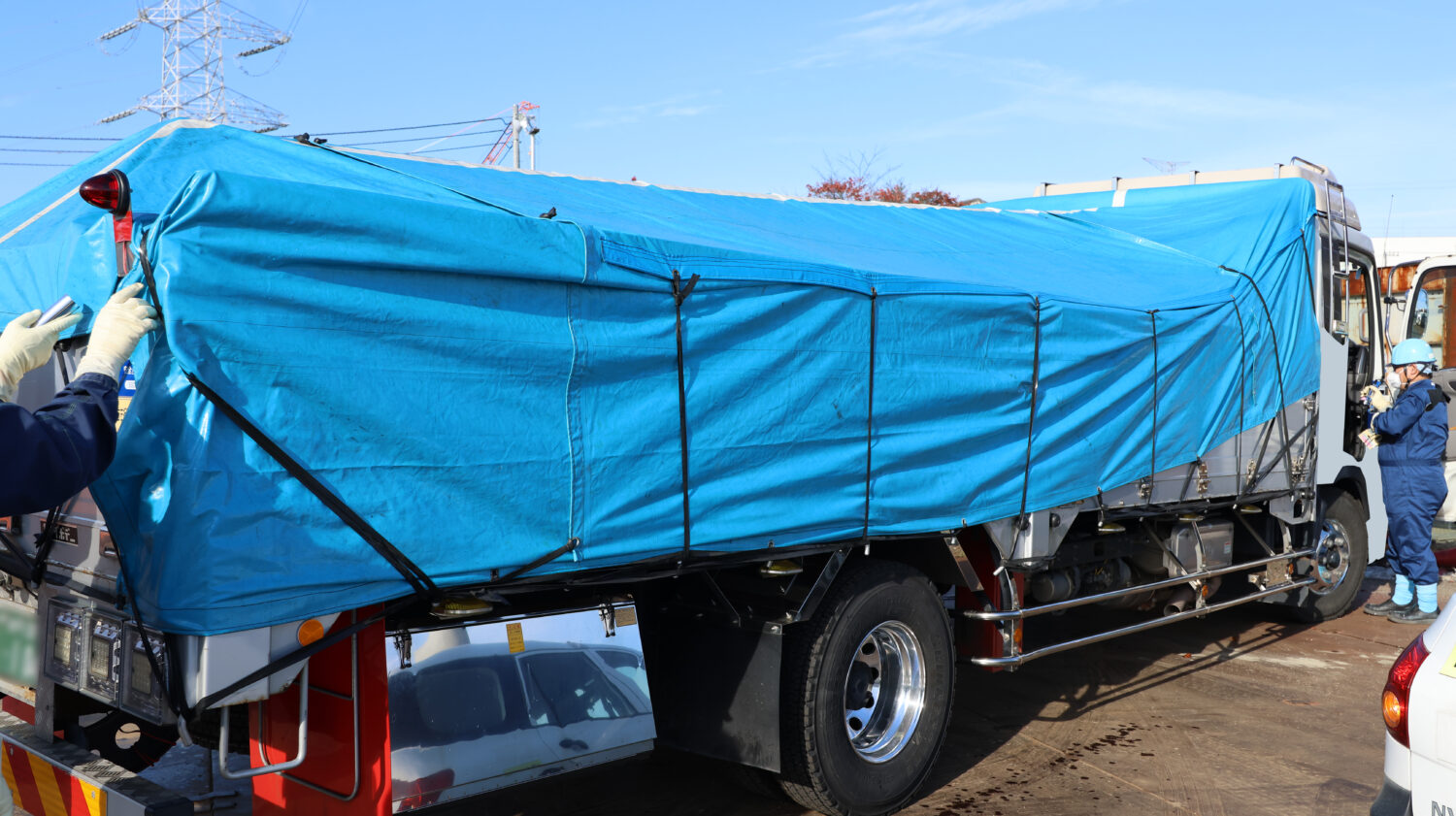
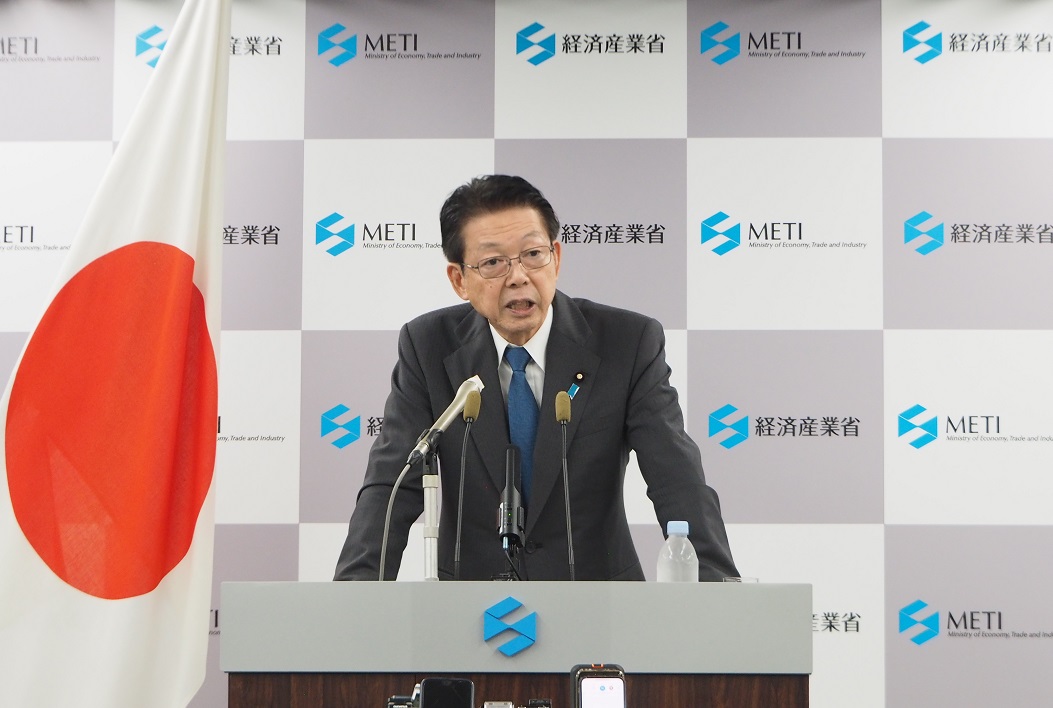
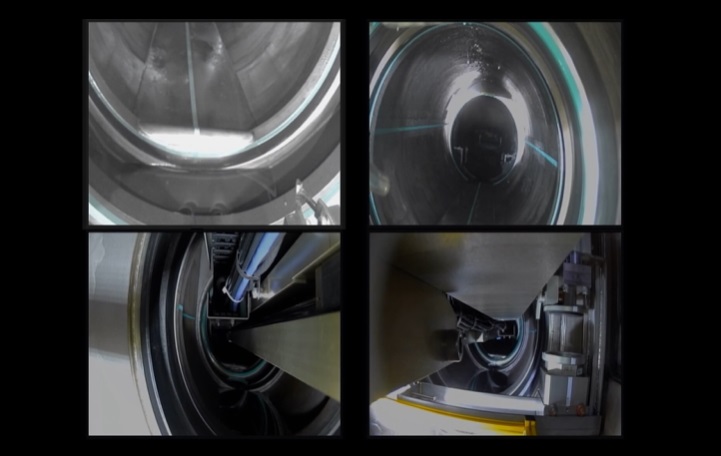
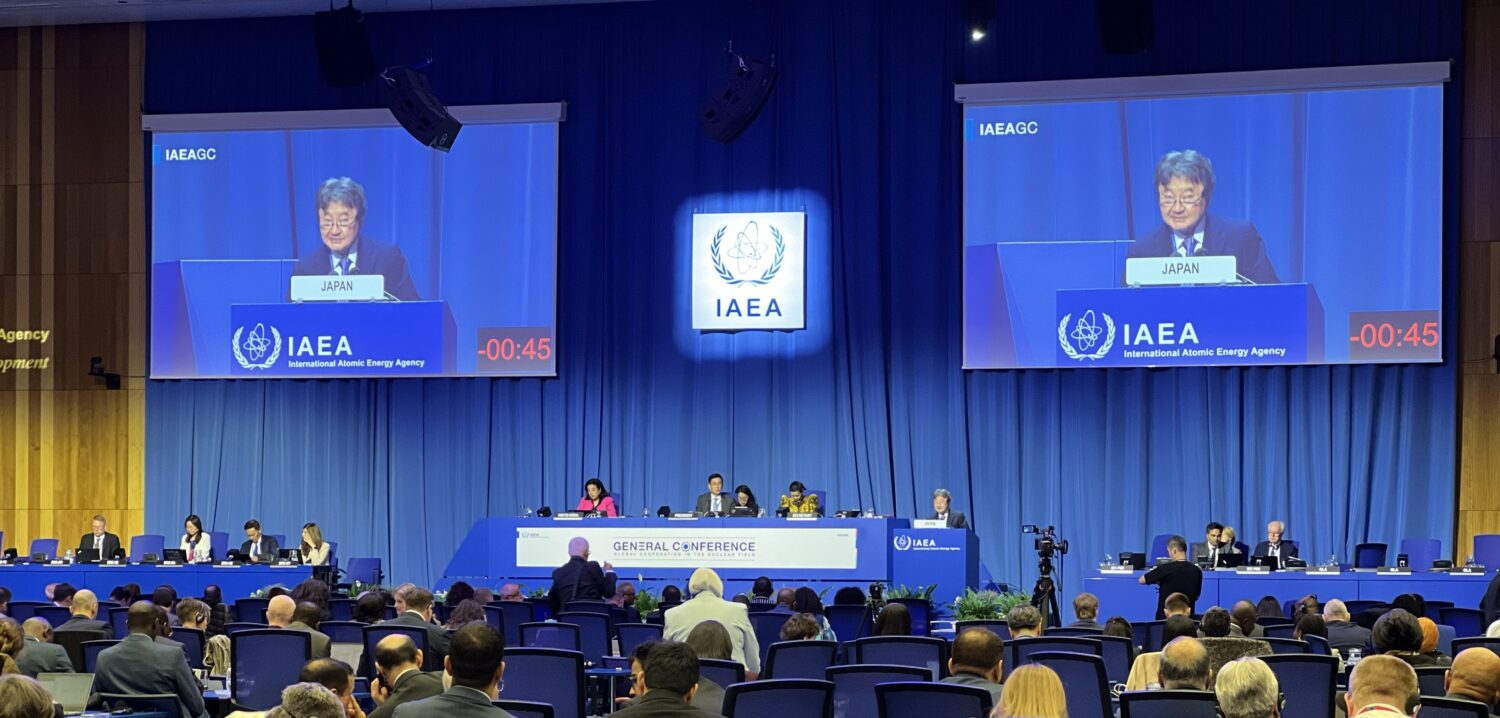
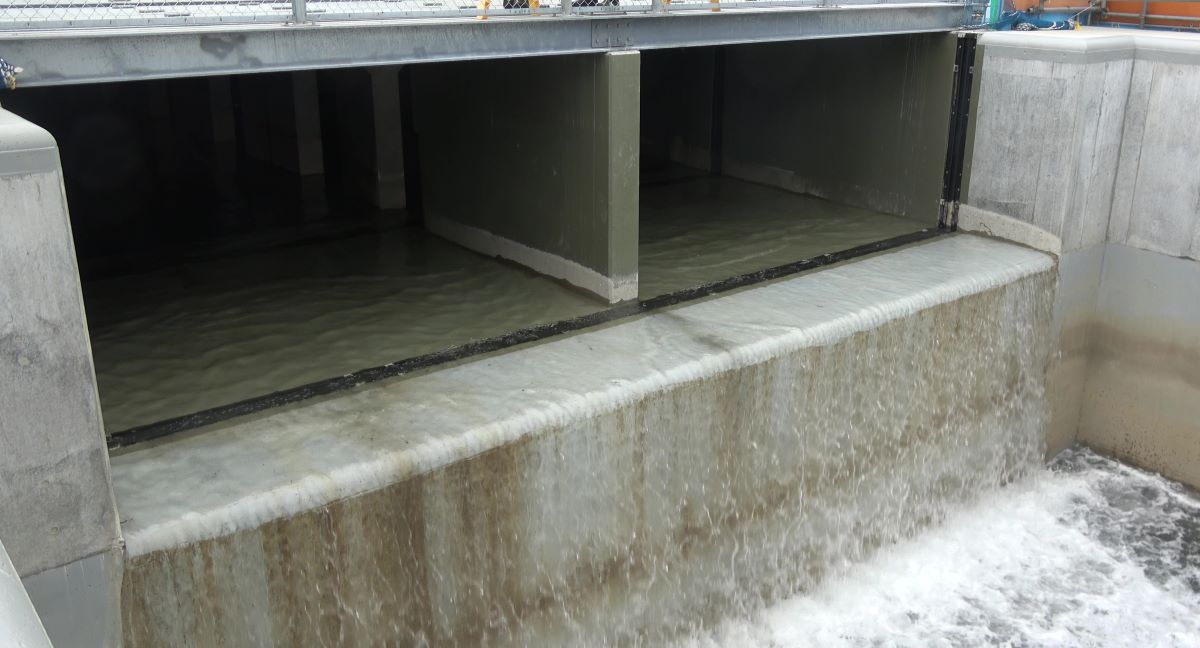
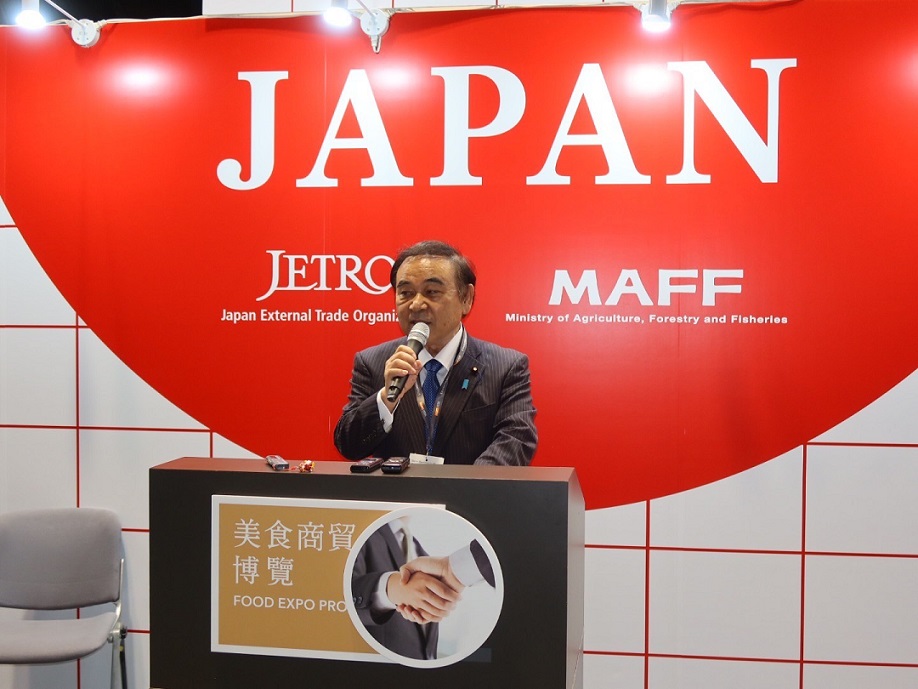
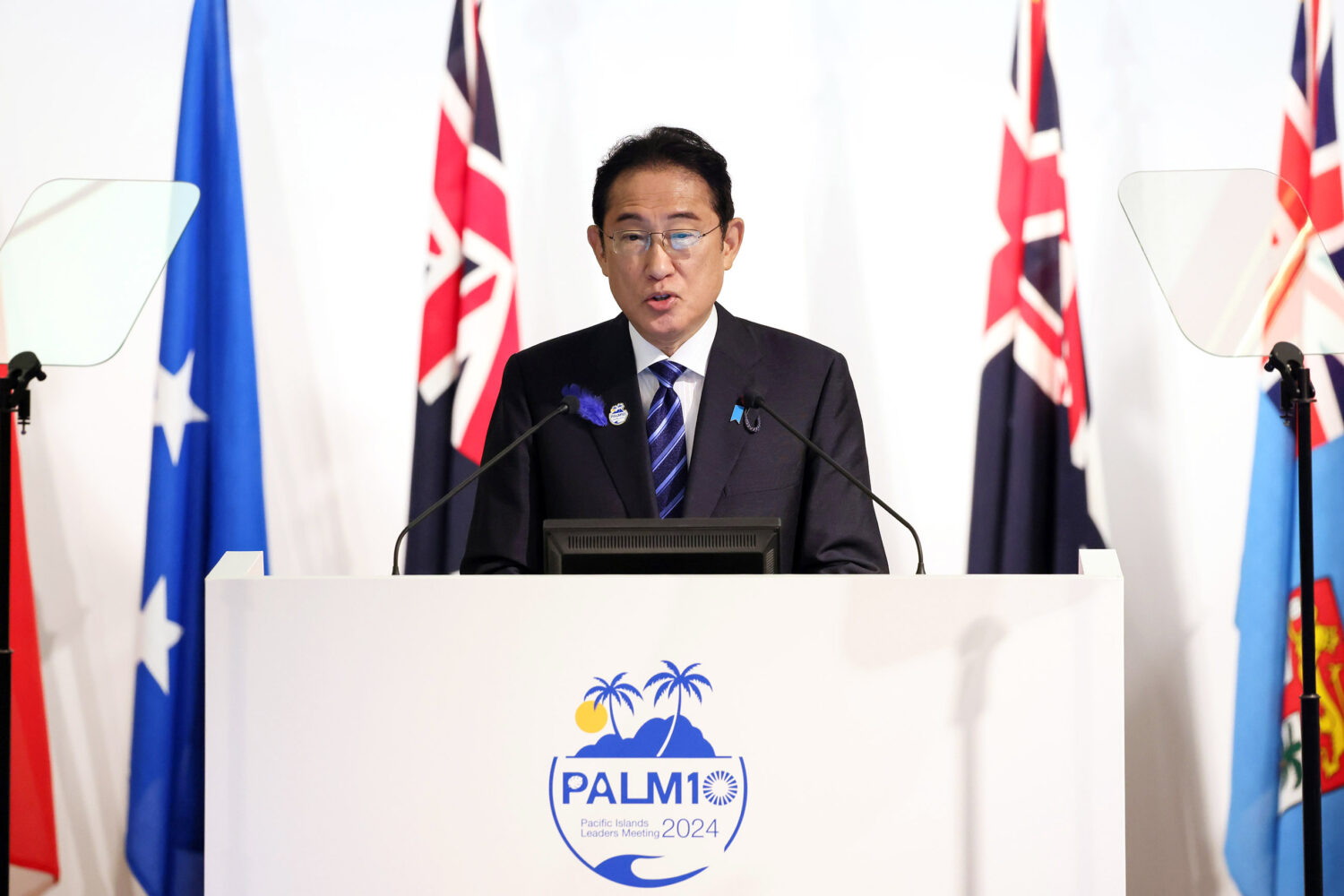

-1.png)
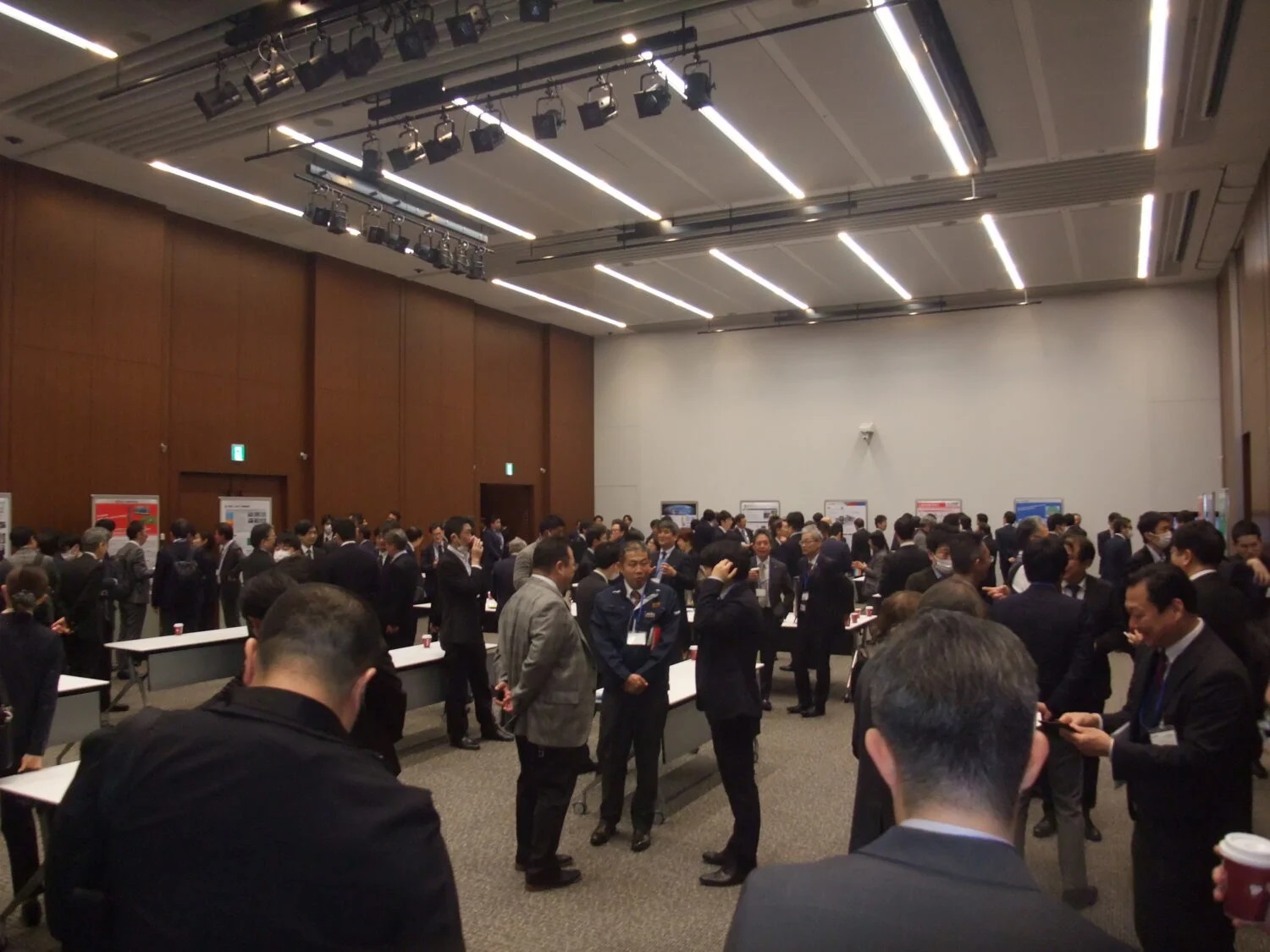


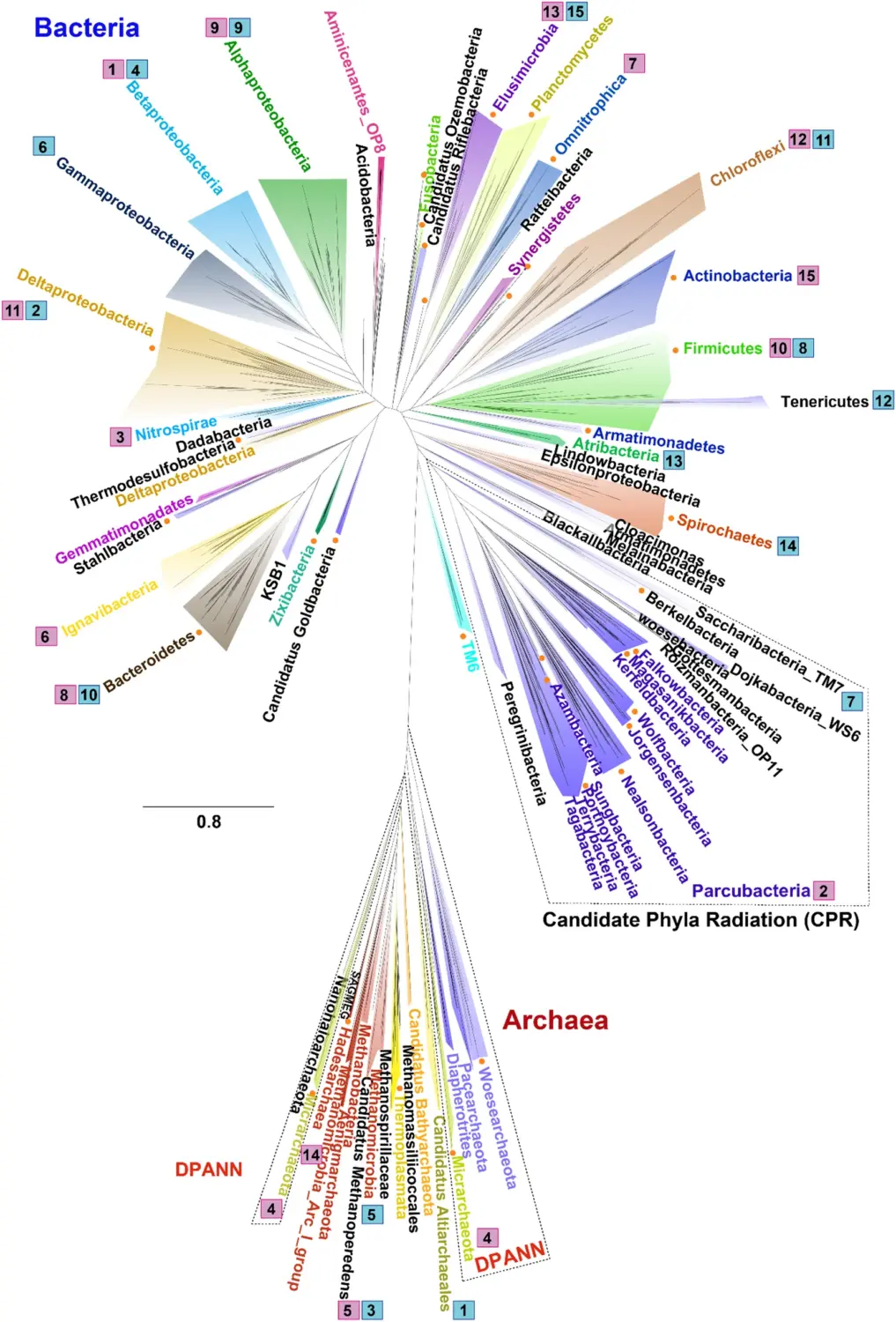
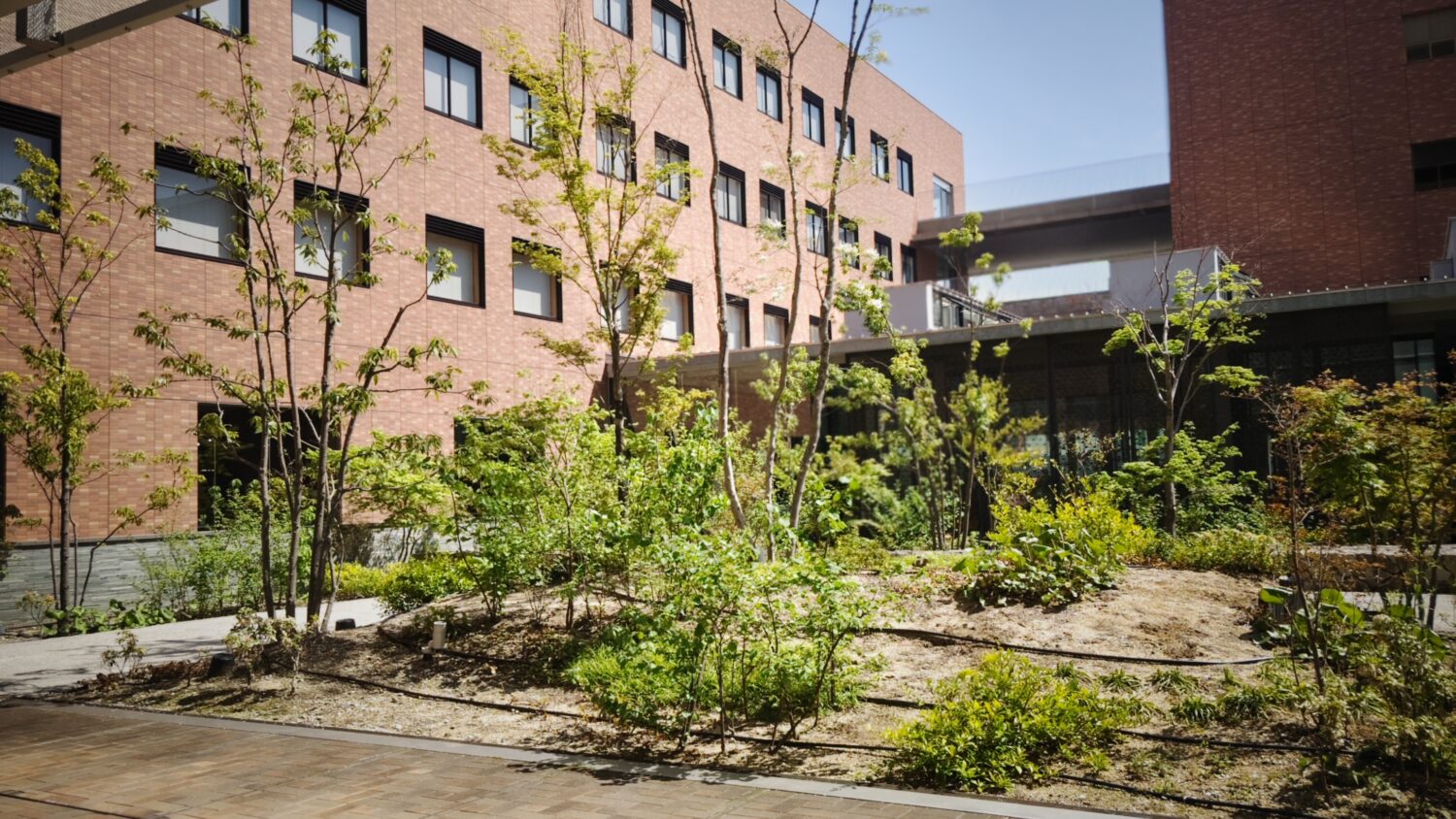



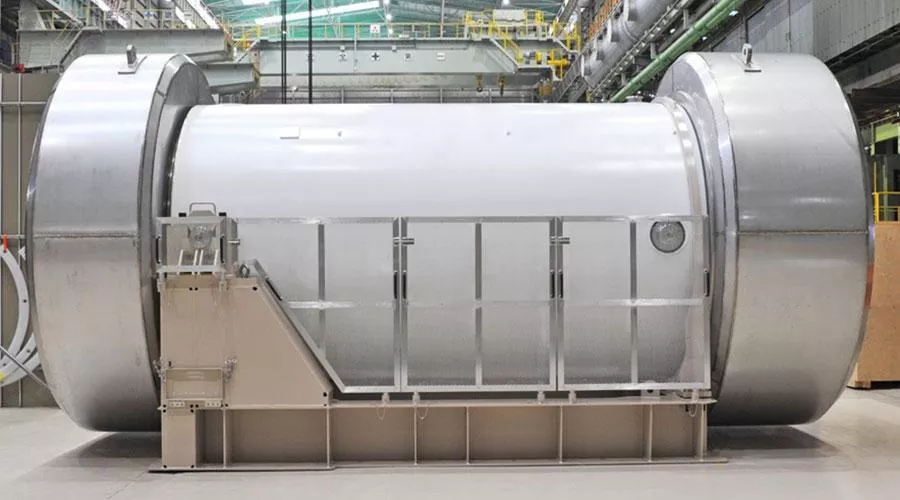






.jpg)
